CANCER है बड़ी बीमारी
WHAT IS CANCER
Cancer is a group of diseases characterized by the uncontrolled growth and spread of abnormal cells. These cells can invade and damage surrounding tissues. There are many types of cancer, each with its own characteristics and treatments.
TYPES OF CANCER
CANCER है बड़ी बीमारी, जानिए कैसे
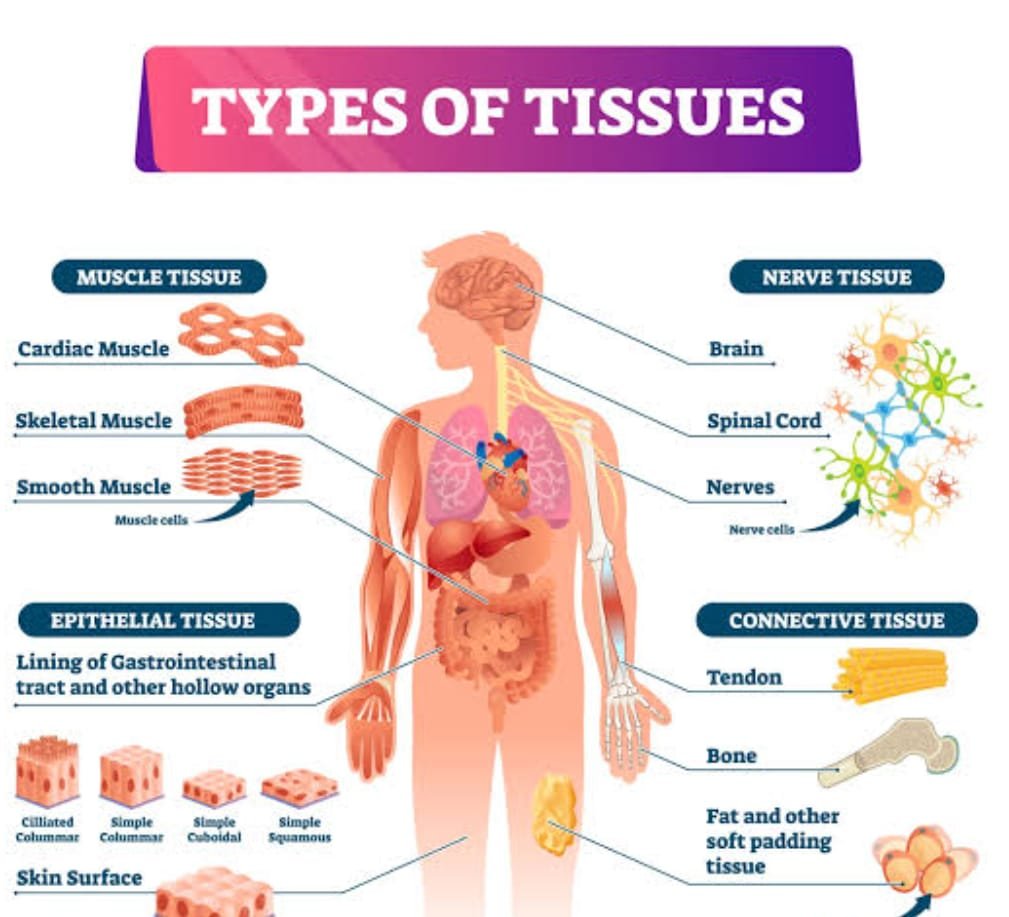
There are more than 100 different types of cancer, each named based on the type of cells where the cancer begins. Common types include breast cancer, lung cancer, prostate cancer, and colorectal cancer. Each type has unique characteristics, treatments, and outcomes.
Listing and describing all types of cancer in detail would be extensive, as there are over 100 types, each with its own nuances. However, I can provide an overview of some common types:
- Breast Cancer: Begins in the cells of the breast, usually in the ducts or lobules.
- Lung Cancer: Primarily caused by smoking and can arise in the lungs’ air passages.
- Colorectal Cancer: Affects the colon or rectum and often develops from precancerous polyps.
- Prostate Cancer: Occurs in the prostate gland in men and may grow slowly, causing no symptoms initially.
- Leukemia: Affects the blood and bone marrow, leading to the overproduction of abnormal white blood cells.
- Lymphoma: Originates in the lymphatic system, involving abnormal growth of lymphocytes (a type of white blood cell).
- Skin Cancer: Mainly basal cell carcinoma, squamous cell carcinoma, and melanoma, often caused by UV exposure.
- Ovarian Cancer: Develops in the ovaries and is often diagnosed at an advanced stage.
- Pancreatic Cancer: Affects the pancreas and is often diagnosed at an advanced stage with a poor prognosis.
- Brain Tumors: Can be benign or malignant growths in the brain tissue.
Remember, this is just a brief overview, and there are many more types of cancer, each with its own characteristics, risk factors, and treatment approaches. If you have specific questions about a particular type, feel free to ask.
PRECAUTIONS
While there is no surefire way to prevent all types of cancer, you can take certain precautions to reduce your risk:
- Healthy Lifestyle: Adopt a healthy diet rich in fruits, vegetables, and whole grains. Limit processed foods, red meat, and sugary beverages. Maintain a healthy weight and stay physically active.
- Avoid Tobacco: If you smoke, quit. Avoid exposure to secondhand smoke and other tobacco products.
- Limit Alcohol: Limit alcohol consumption. For example, men should generally have no more than two drinks per day, and women should limit it to one drink per day.
- Sun Protection: Protect your skin from the sun. Use sunscreen, wear protective clothing, and avoid excessive sun exposure, especially during peak hours.
- Screenings and Check-ups: Regular screenings and check-ups can help detect certain cancers early when they are more treatable. Follow recommended screening guidelines for your age and risk factors.
- Vaccinations: Some vaccines can protect against viruses that are linked to certain types of cancer. For example, the HPV vaccine can prevent infections that may lead to cervical cancer.
- Healthy Habits: Practice safe sex to reduce the risk of sexually transmitted infections, some of which can increase cancer risk.
- Environmental Awareness: Be aware of environmental factors that may contribute to cancer risk, such as exposure to certain chemicals and pollutants.
Remember, while these precautions can reduce your risk, they do not guarantee prevention. It’s crucial to consult with healthcare professionals for personalized advice based on your individual health and family history.
CANCER है बड़ी बीमारी, जानिए कैसे
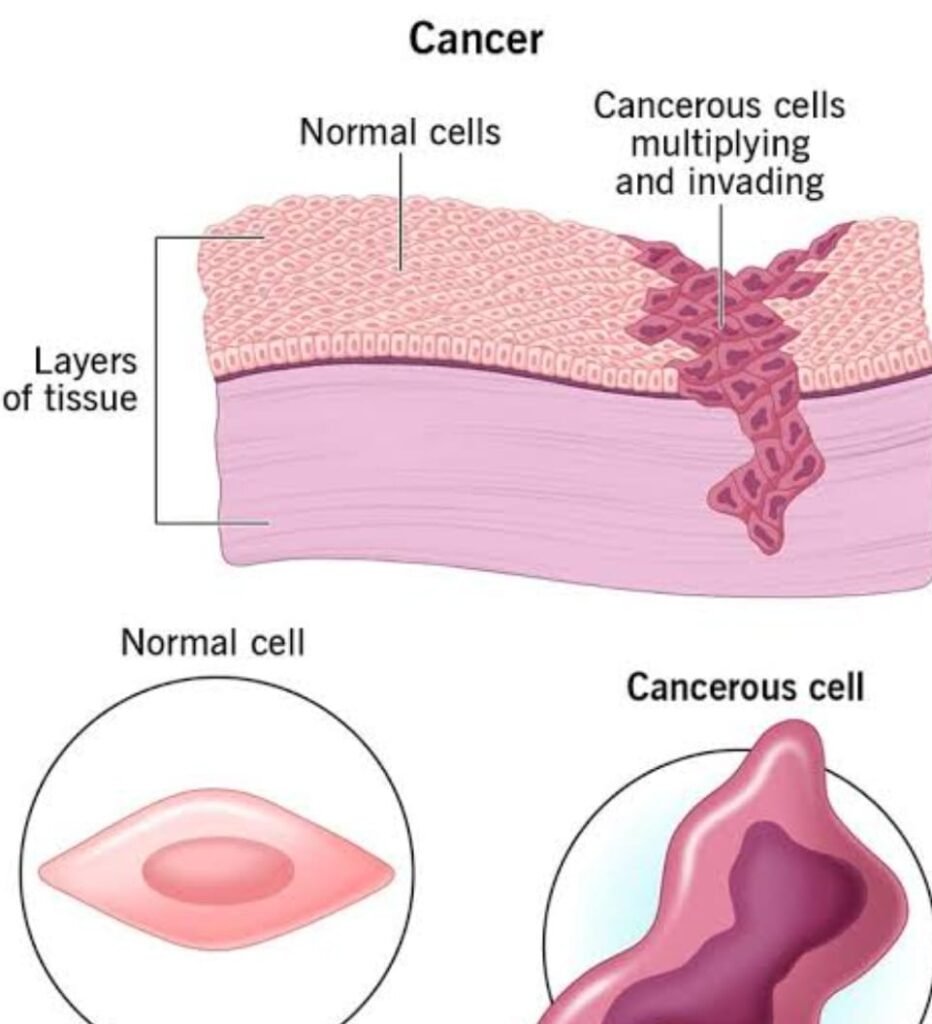
COMMON TREATMENT
Cancer treatment varies depending on the type and stage of cancer. Common treatment options include:
- Surgery: Removes tumors or cancerous tissue, often used when the cancer is localized.
- Chemotherapy: Uses drugs to kill or slow the growth of cancer cells, and it can be administered orally or through intravenous infusion.
- Radiation Therapy: Involves high-dose radiation to target and destroy cancer cells or shrink tumors.
- Immunotherapy: Boosts the body’s immune system to fight cancer cells more effectively.
- Targeted Therapy: Targets specific molecules involved in cancer growth to interfere with the spread of cancer cells.
- Hormone Therapy: Used for cancers that are hormone-sensitive, such as certain types of breast and prostate cancer.
- Stem Cell Transplant: Replaces damaged bone marrow with healthy stem cells after high-dose chemotherapy or radiation.
- Precision Medicine: Tailors treatment based on the genetic makeup of the patient’s cancer.
The choice of treatment depends on factors like the type and stage of cancer, overall health, and patient preferences. Treatment plans may also involve a combination of these approaches. It’s important for individuals diagnosed with cancer to work closely with their healthcare team to determine the most appropriate and effective treatment strategy for their specific situation.
CANCER है बड़ी बीमारी, जानिए कैसे
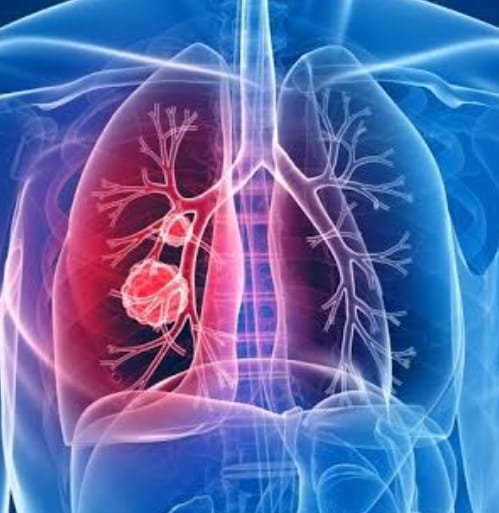
MEDICATIONS
Cancer medications can be categorized into several types, and the choice of medication depends on the type and stage of cancer, as well as individual patient characteristics. Here are some common categories of cancer medications:
- Chemotherapy Drugs: These medications target rapidly dividing cells, including cancer cells. They may be administered orally or through intravenous infusion.
- Targeted Therapy: Targeted drugs focus on specific molecules involved in cancer cell growth. They are designed to interfere with specific pathways that contribute to cancer development.
- Immunotherapy: Immunotherapies stimulate the body’s immune system to recognize and attack cancer cells. Monoclonal antibodies and checkpoint inhibitors are examples of immunotherapeutic agents.
- Hormone Therapy: Used for cancers that are hormone-sensitive, such as certain types of breast and prostate cancer. Hormone therapy aims to block or reduce the effects of hormones on cancer cells.
- Radiopharmaceuticals: These drugs contain a radioactive component and are used in targeted radiation therapy for certain types of cancer.
- Angiogenesis Inhibitors: These drugs target the blood vessels that supply nutrients to tumors, inhibiting the growth of new blood vessels and restricting the tumor’s blood supply.
- Stem Cell Transplant Medications: Medications used in conjunction with stem cell transplant procedures to treat certain blood cancers.
- Anti-angiogenic Agents: These medications block the formation of new blood vessels that tumors need to grow.
CANCER है बड़ी बीमारी, जानिए कैसे
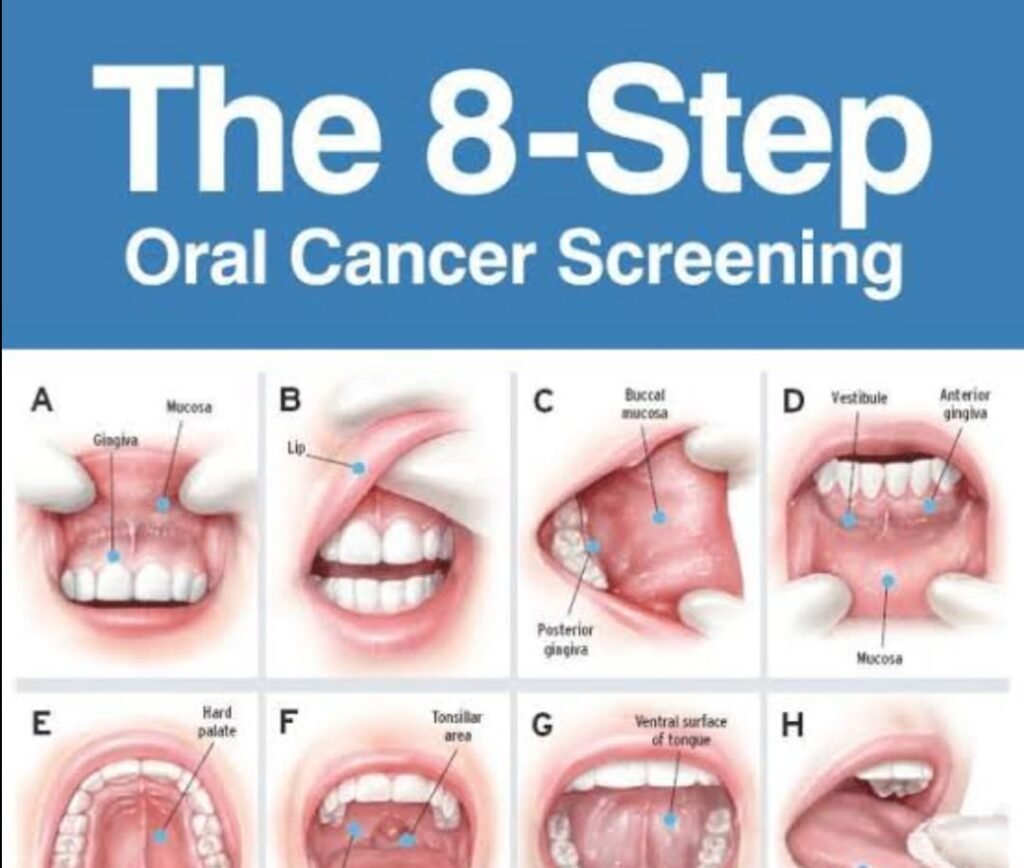
It’s important to note that cancer treatment often involves a combination of medications and may be part of a broader treatment plan that includes surgery, radiation therapy, or other interventions. The specific medication and treatment approach are determined by oncologists based on the individual patient’s diagnosis and overall health. Patients should consult with their healthcare team for detailed information about their prescribed medications and potential side effects.
RISK FACTORS
Risk factors for cancer can be categorized into two main types: modifiable and non-modifiable. Modifiable risk factors are those that can be influenced or changed, while non-modifiable risk factors are inherent and cannot be altered. Some common risk factors include:
Non-Modifiable Risk Factors:
- Age: The risk of cancer increases with age as genetic mutations accumulate over time.
- Family History: A family history of certain cancers may increase an individual’s risk.
- Genetics: Inherited genetic mutations can predispose individuals to specific types of cancer.
Modifiable Risk Factors:
- Tobacco Use: Smoking and tobacco use are leading causes of various cancers, including lung, throat, and mouth cancers.
- Diet and Physical Activity: Poor diet, high in processed foods and low in fruits and vegetables, coupled with a sedentary lifestyle, can contribute to cancer risk.
- Obesity: Being overweight or obese is linked to an increased risk of several cancers.
- Alcohol Consumption: Excessive alcohol intake is associated with an elevated risk of certain cancers, including liver and breast cancer.
- Sun Exposure: Ultraviolet (UV) radiation from the sun increases the risk of skin cancer.
- Infections: Certain infections, such as human papillomavirus (HPV), hepatitis B and C, and Helicobacter pylori, can contribute to cancer development.
It’s important to note that having one or more risk factors does not guarantee the development of cancer, and many people with cancer may not have any apparent risk factors. Additionally, lifestyle changes can significantly reduce the risk of certain cancers. Regular screenings and early detection can also play a crucial role in managing cancer risk. Individuals concerned about their risk should consult with healthcare professionals for personalized guidance based on their health history and lifestyle.
CANCER है बड़ी बीमारी, जानिए कैसे
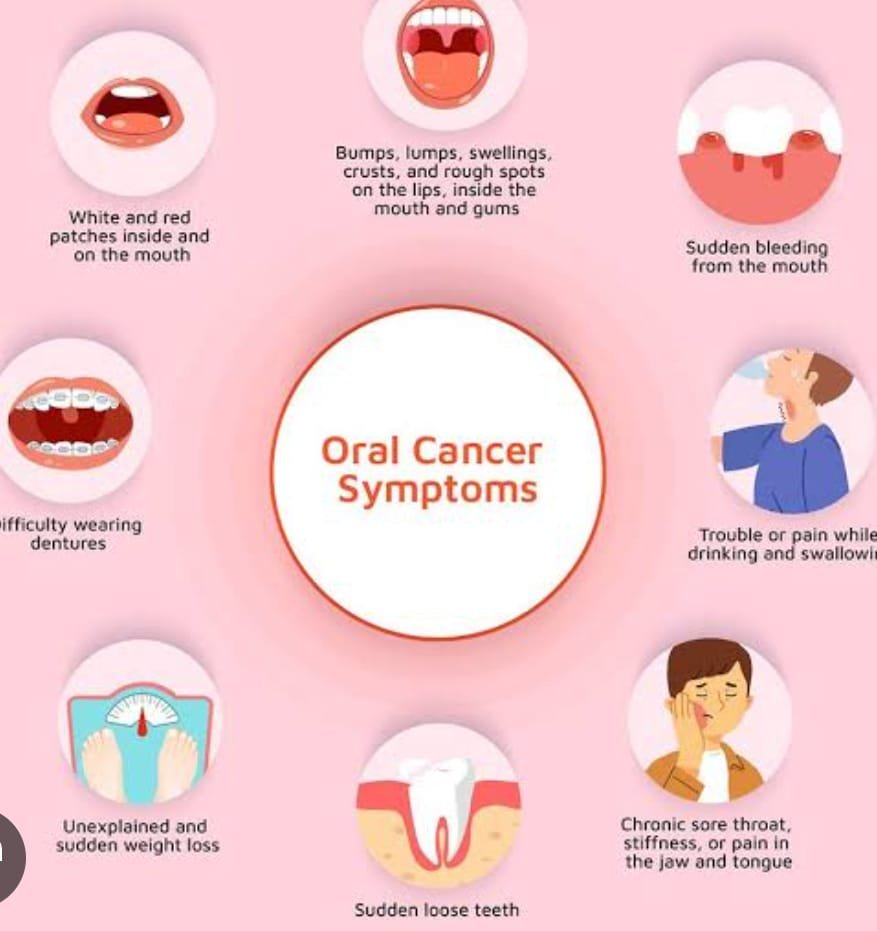

I am a content writer I have experience been writing news and blog articles for 5 years.